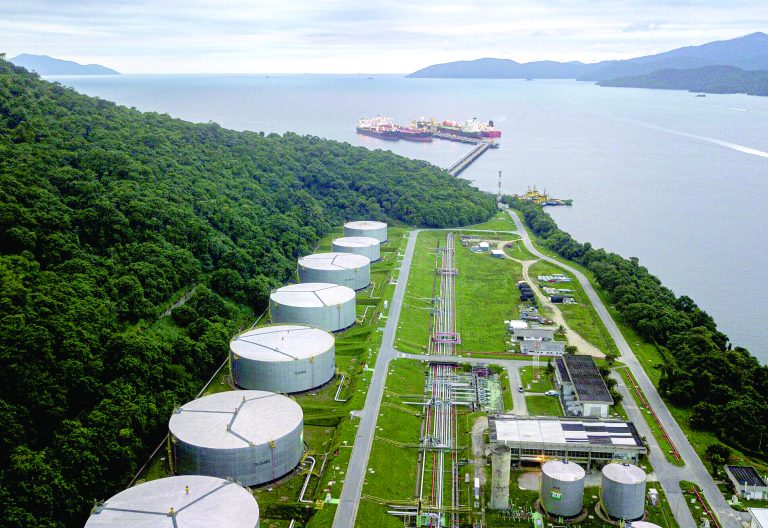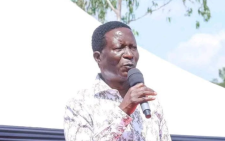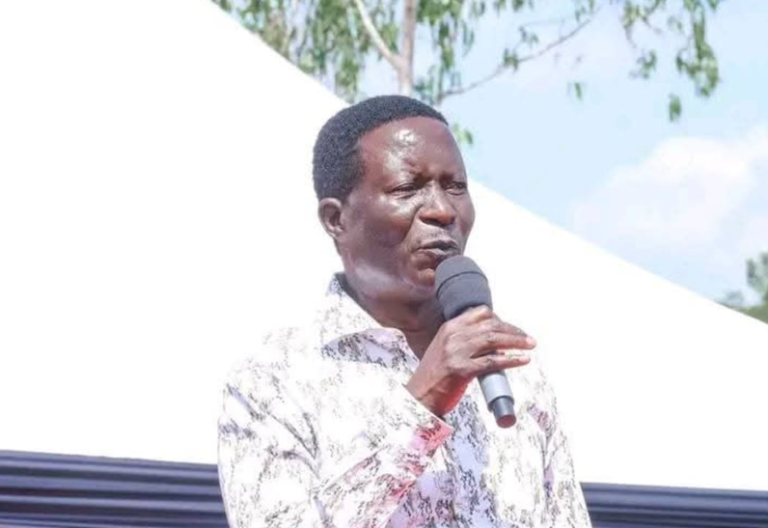COP30 host’s giant Amazon oil mining plan draws protest

United Nations Climate Change Conference (COP30) host Brazil has stirred controversy over its stewardship of discussions on transitioning away from fossil fuels, the main contributor to global warming that has reached alarming levels. Holding the 2025 climate summit in Belém situated in the Amazon, the world’s largest tropical forest alongside Africa’s Congo Forest, had raised hopes that the discussions would be free from the shadows of the last two, held in major oil-producing countries- Azerbaijan and the United Arab Emirates (UAE).
But even as Brazil faces extreme heat and flooding, its government has signalled it wants to extract more climate-warming oil in the Amazon, writes Ana Carolina Amaral in the authoritative UK-based Climate Home News, an award-winning independent digital publication reporting on the international politics of the climate crisis. Pressure is mounting on Brazil’s environmental agency as President Luiz Inácio Lula da Silva’s government seeks expedited approval of a controversial oil drilling project and announced more federal investments in Belém, the capital of Para and the host city of COP30.
“I dream of a day when we no longer need fossil fuels, but that day is still far away. Humanity will depend on them for a long time,” Amaral quoted Lula as saying last week in a speech in Belém. Last Tuesday, Brazil’s National Energy Policy Council, which brings together federal ministers, approved the Latin American nation’s entry into the Charter of Cooperation (CoC) between oil-producing countries, a discussion forum linked to the Organisation of the Petroleum Exporting Countries (OPEC).
Disappointing setback It provides a platform to “facilitate dialogue and exchange views regarding conditions and developments in the global oil and energy markets,” according to OPEC.
Despite lacking binding obligations, Brazil’s entry into the CoC has brought backlash from climate groups, reports Amaral.
“This is a disappointing setback for everyone who relies on the Brazilian government to lead a just transition away from fossil fuel exploration – an essential step if we are to survive on this planet,” said André Guimarães, director of the Amazon Environmental Research Institute (IPAM).
According to a report by the climate group 350.org, Brazil became the third-largest country in terms of investment in expanding its oil and gas sector last year, shortly after countries agreed at the COP28 conference in Dubai to transition away from fossil fuels.
If Brazil were to maintain only the oil wells it currently has in operation, the country’s production would decline by 64 per cent by 2035. However, with new exploration projects set to be licenced, Brazil’s oil production is expected to increase by 33 per cent in the next decade, according to analysis by 350.org based on International Energy Agency (IEA) data. President Lula responded to criticism that his support for oil would tarnish Brazil’s leadership at COP30.
“Look at the United States, see if France is worried. No, they are exploiting as much as we can. It’s England exploiting (oil) in Guyana and France in Suriname,” he said, pointing out that neighbouring countries are already profiting from oil in the Amazon region, working with Europe-based multinationals.
In his speeches, Lula has argued that the profits from the new oil exploration efforts will be used to finance the energy transition. However, this claim has been met with scepticism from environmentalists, notes Amaral.
“It’s like recommending smoking twice as much to raise more money for lung cancer treatment,” said Caetano Scannavino from the Amazonian NGO Saúde e Alegria.
In 2020, Brazil’s previous government passed a law stipulating that revenues generated from oil exploration in the pre-salt fields, a new source of wealth for Brazil at the time, would be invested in health and education.
However, amid an economic crisis in the years after, the government redirected those funds to cover other expenses such as public debt. Since taking office for his third nonconsecutive term, this time around Lula’s government has been seeking an environmental licence to drill an exploratory oil well in the Foz do Amazonas Basin, located along the coast of Amapá state, in an area of extreme environmental sensitivity.
The licence was denied early in his administration, in May 2023. Experts at IBAMA (the Brazilian Institute of Environment and Renewable Natura Resources, the federal government’s environmental agency) concluded that Petrobras, the state-owned oil company, had failed to present a solid impact mitigation and emergency response plan.
Additionally, IBAMA’s President Rodrigo Agostinho noted the risks of exploring the area without first conducting a Sedimentary Area Environmental Assessment (AAAS). This includes an assessment of sensitive ecosystems, biodiversity hotspots and affected communities to determine potential environmental and social impacts, reported Climate Home
Political pressure Since then, three ministers – Alexandre Padilha for Institutional Relations, Rui Costa who is Chief of Staf and Alexandre Silveira for Mines and Energy – have been negotiating a political agreement with the Ministry of Environment, led by Marina Silva. Seen as a roadblock by other ministries, Silva has repeatedly stated that IBAMA’s decision will be purely technical.
However, sources within the government told Climate Home that the licence is expected to be granted by the end of March. Even if IBAMA’s technical staff rejects Petrobras’ revised plans, the agency’s leadership could still approve the drilling under political pressure from the president himself.
Lula has been considering replacing IBAMA’s current president and has reportedly been eyeing Márcio Macêdo, a close ally who currently heads the General Secretariat of the Presidency.
“We can’t keep up this back-and-forth with IBAMA, which is a government agency but seems to act against the government,” Lula said during an interview with Diário FM, a local radio station in Amapá state.
The environmental public servants’ association, Ascema, responded to the declaration with a letter stating that political pressure is unacceptable and that evaluations take the time needed to assess potential environmental and social impacts, as well as mitigation or compensation measures.
“The attempt to fast-track the approval of high-impact projects without due adherence to technical and scientific procedures threatens not only the integrity of Brazil’s ecosystems but also the rights of traditional populations and local communities directly affected by these decisions,” stated the Brazilian Forum of NGOs for the Environment.
Pressure to fast-track environmental licencing for large infrastructure projects, such as hydroelectric dams and highways, has already left a stain on the earlier left-wing administrations of Lula and his successor, Dilma Rousseff.
The most emblematic case was the construction of the Belo Monte hydroelectric dam in Pará state in the Amazon, Amaral recalls. In 2011, the approval of its environmental licence led to the dismissal of IBAMA’s president.
The project significantly impacted the Xingu River, a large tributary of the Amazon River, and indigenous communities who depended on the river were not consulted. The violation of their rights was later recognised by Brazil’s Supreme Court.
Government officials at the Ministry of Environment told Climate Home they fear that the issuance of the licence could send a crucial signal to potential fossil fuel investors in the region, as the National Petroleum Agency has already announced it will auction another 47 oil blocks for Foz do Amazonas Basin in June.











